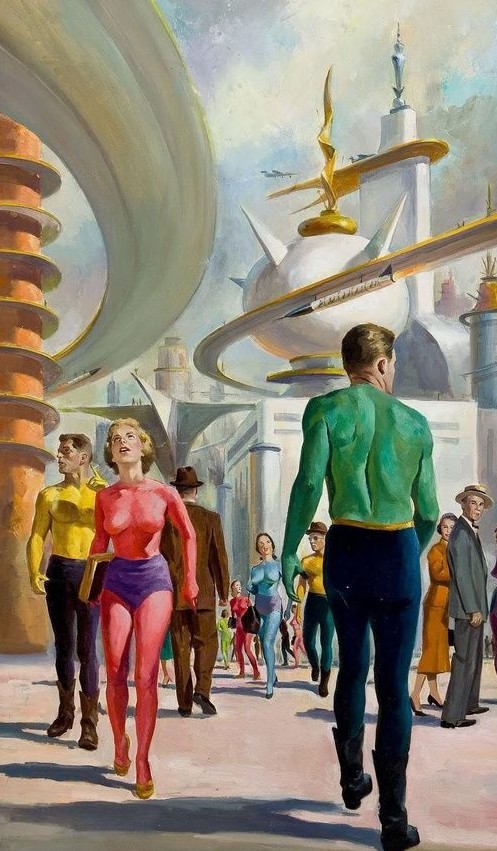Utopians tend to overpromise.
Techno-utopians go even further. It’s not that Singularitarians with bold plans for transforming medicine or transportation are making theoretically impossible claims, but they sure have aggressive timeframes and seem to think tomorrow will be smooth as can be. But it’s a world with wrinkles and probably needs to be.
Perhaps by the end of the century, we’ll live in a post-scarcity society with robot assistants and miraculous medicine, though there’ll still be problems–stubborn old ones, new ones, ones we can’t yet imagine. We’re far from perfect, and our machines won’t be flawless, either. Progress is wonderful, but it’s not an arrow pointed toward the heavens.
From Nick Romeo’s Daily Beast piece about Singularity University:
It’s common for tech industry rhetoric to invoke the ideal of a better world, but since its 2008 inception, Singularity University has articulated an astonishingly ambitious series of goals and projects that use technological progress for philanthropic ends. Medicine is just one of many domains that [co-founder Peter] Diamandis wants to fundamentally change. He and others at Singularity are also working to develop and support initiatives that will provide universal access to high-quality education, restore and protect polluted environments, and transition the economy to entirely sustainable energy sources.
His audience was a group of 98 executives from 44 countries around the world; each had paid $14,000 to attend the weeklong program at Singularity University’s NASA Research Park campus in Mountain View, California. As Diamandis moved through the sectors of the economy that artificial intelligence would soon dominate—medicine, law, finance, academia, engineering—the crowd seemed strangely energized by the prospect of its imminent irrelevance. Singularity University was generating more than $1 million of revenue by telling its prosperous guests that they would soon be surpassed by machines.
But his vision of the future was nonetheless optimistic. Diamandis believes that solar energy will soon satisfy the demands of the entire planet and replace the market for fossil fuels. This will mean fewer wars and cleaner air. Systems for converting atmospheric humidity into clean drinking water will become cheap and ubiquitous. The industrial meat industry will also vanish, replaced by tastier and healthier laboratory-grown products with no environmental downsides. He also predicts that exponential increases in the power of AI would soon render teachers and universities superfluous. The best education in the world will become freely available to anyone.•

